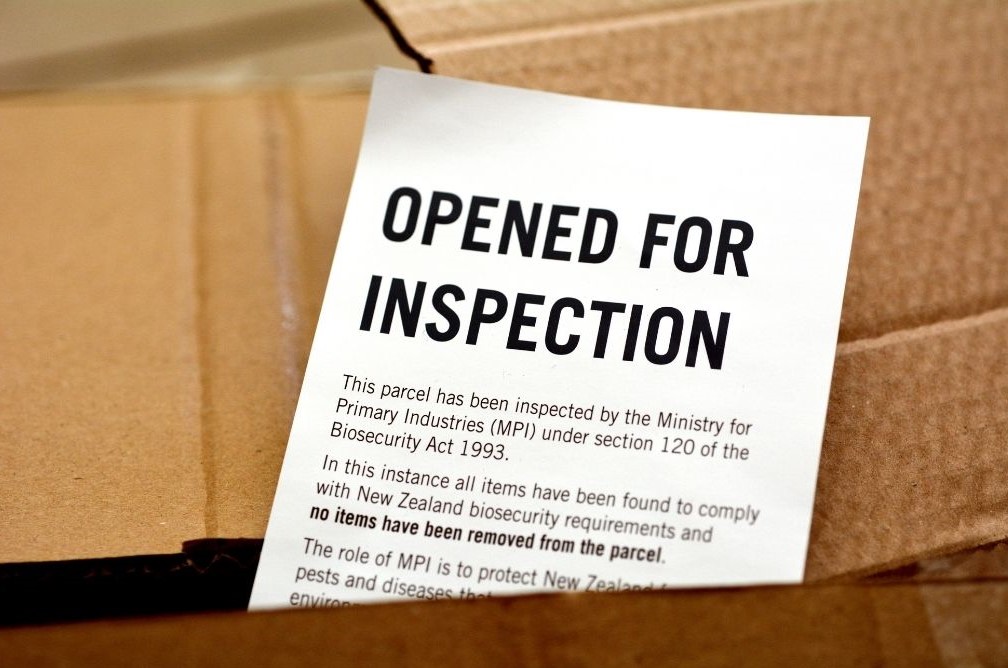At least two major Chinese-owned and managed solar companies have had some of their solar panels held up at the border by Customs and Border Protection recently. The reason: reasonable suspicion that the polysilicon that went into making those panels was made by a company banned from doing business here on account of forced labor violations.
Hoshine Silicon Industry Co. Ltd., a company located in China’s Xinjiang province, became subject to Withhold Release Order (WRO) instructs on June 10 by Customs. It is believed the company benefits from prison labor. The province is home to the Uyghur Muslim group, many of which have spent time in what Beijing refers to as “re-education camps” as part of its own war on terrorism.
All U.S. ports of entry were instructed to “immediately begin to detain shipments containing silica-based products” made by Hoshine and its subsidiaries.
Two big China names got caught in the dragnet: Canadian Solar (not really Canadian) and JinkoSolar, one of the largest solar manufacturers in the world.
Philip Shen of Roth Capital Partners, an investment bank with offices in California and New York that has worked with JinkoSolar on public share offerings, was quoted in PV Magazine as saying that “almost any module coming to the U.S. cannot yet prove it does not have Hoshine silicon metal.”
Part of the WRO was that companies would be guilty of using Hoshine until proven innocent.
Shen said that solar cells may be manufactured in Southeast Asia, too. “But the challenge is that 95-99% of the world’s (solar) wafers come from China.” Wafers get turned into solar cells which then are placed into modules, better known as solar panels.
JinkoSolar is one of the world’s larger manufacturers of photovoltaic products, including crystalline ingots, wafers, cells, and mono- and multi-crystalline PV (solar) panels. Even though solar has a reputation for being “green,” PV cell manufacturing is a toxic business, which makes it easier to manufacture in weak regulatory environments, like China, let alone Xinjiang, where tens of thousands of men have been detained, some of them forced to work without pay. These people are part of the Hoshine supply chain, according to Customs.
One reason why the biggest solar panel makers in the world are all in China is because of the lackluster environmental standards there. The Western world then buys solar, having written off the pollution aspects of it to the Chinese company, and keeps the best part of the industry.
For example, based on a 2011 lawsuit filed against Jinko and Roth Capital, cutting solar wafers creates a significant amount of waste silicon dust called kerf, and up to 50% of the material is lost in air and water used to rinse wafers. This process may generate silicon particulate matter that will pose inhalation problems for production workers and those who clean and maintain equipment. The U.S. Occupational Safety and Health Administration has set exposure limits to keep ambient dust levels low and recommends the use of respiratory masks, but it has been suggested that, despite the use of respiratory masks, workers remain overexposed to silicon dust anyway, something China doesn’t worry about. Skirting these environmental realities, coupled with cheap (or free) labor, all help position China to be the world’s GreenOPEC.
Still, the immediate problems are concerns over supply chain links to Hoshine, subject to the latest WRO from Customs. Customs and Border Protection (CBP) Commissioner Troy Miller announced the action against them in a press briefing on June 24. The action was taken under Section 1307 of the Tariff Act, which prohibits the importation of merchandise mined, produced or manufactured, wholly or in part, in any foreign country by forced or indentured labor. Such merchandise is subject to exclusion and seizure and may lead to criminal investigation of the imported goods.
Miller said the CBP action followed an investigation into production processes that offered a “reasonable indication” of forced labor being used by Hoshine. He said the investigation revealed evidence of “intimidation and threats” and “restriction of movement” toward workers.













